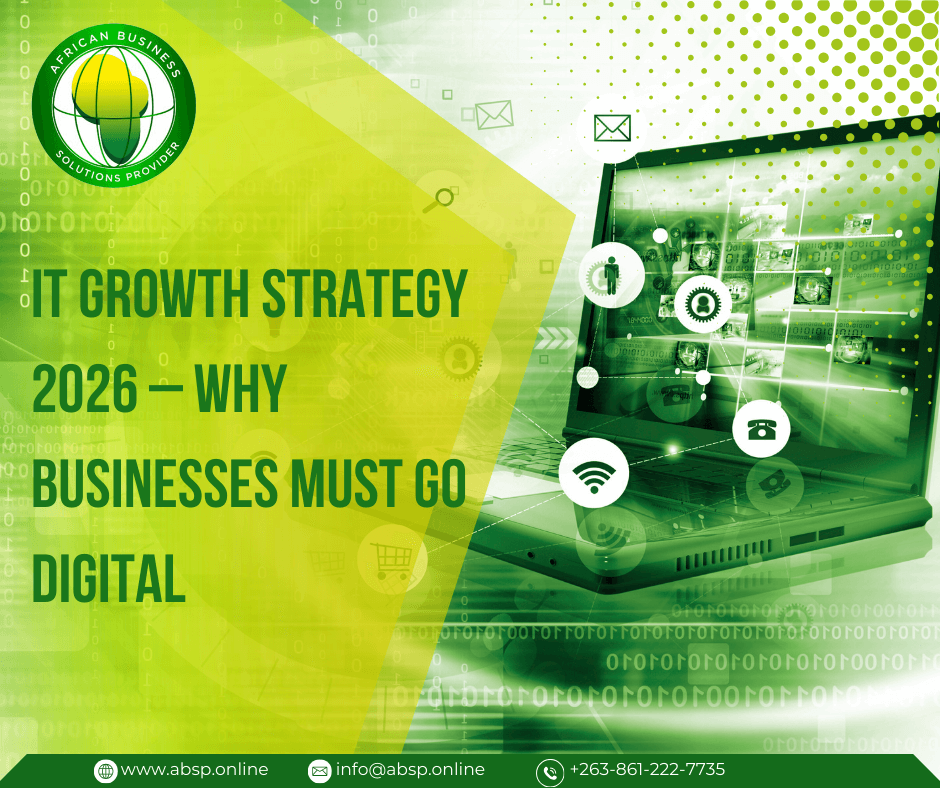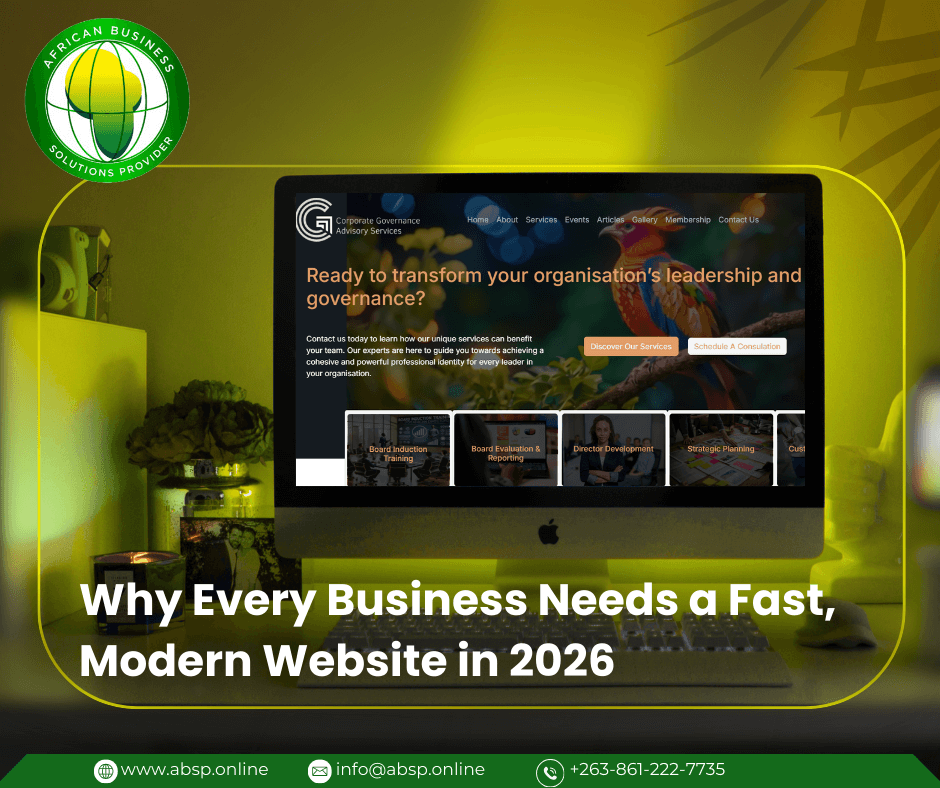AI Is Writing a New Chapter in History—Factors Affecting it Adoption
We stand at an extraordinary juncture in history, with Artificial Intelligence (AI) at the helm, driving the transformation of our era.
This revolution, unforeseen and unprepared for by politicians, historians, and educators alike, is reshaping our societal and institutional landscapes at an unprecedented pace. AI is not merely a technological advancement; it is a disruptive force, dismantling the foundations of the systems that upheld and guaranteed the existing order. Institutions are buckling under the weight of this seismic change, as AI's revolutionary impact touches every facet of our lives.
Artificial Intelligence has emerged as a transformative power—a leveler of playing fields across demographics, industries, and geographies. Its potential spans conceptualizing groundbreaking innovations, boosting productivity in small businesses, and revolutionizing healthcare for underserved communities. AI's capacity to ignite progress and redefine possibilities cuts across multiple dimensions of the human experience. Yet, this powerful technology is not without its challenges, especially in regions like Africa, where infrastructure and resources remain limited.
Empowering Small Businesses and Enhancing Safety
AI is proving to be a game-changer for small and medium-sized enterprises (SMEs), revolutionizing how they operate and compete. For example, SMEs in the UK have reported dramatic productivity improvements—ranging from 27% to a staggering 133%—by seamlessly integrating AI into their workflows and strategic planning. AI tools like ChatGPT have empowered business owners to streamline processes, enhance marketing efforts, and exponentially increase workforce output.
In the construction sector, innovation has taken safety protocols to unprecedented levels. Boston-based Shawmut Design and Construction leverages AI to monitor job site conditions, analyze risks, and predict potential incidents. By harnessing diverse datasets—such as weather forecasts and personnel dynamics—the company has fortified worker safety across its 150 project sites.
Transformative Advancements in Africa
Across the African continent, AI is tackling critical challenges with ingenuity in agriculture, healthcare, and telecommunications:
- Agriculture: In Nigeria, FarmSpeak Technology employs machine learning to boost crop yields and predict diseases, enabling farmers to achieve better results and mitigate risks effectively.
- Healthcare: Ubenwa, a Nigerian AI innovation, uses infant cry analysis to detect neurological and respiratory conditions like asphyxia, a major cause of infant mortality, offering hope for early intervention.
- Telecommunications: In South Africa, Vodacom integrates AI-powered predictive analytics to optimize network performance and customer support, delivering seamless connectivity and heightened user satisfaction.
Barriers to AI Adoption
Despite its remarkable advancements, AI faces formidable challenges hindering broader adoption, particularly in regions like Africa:
- Infrastructure Limitations: In nations like Cameroon, insufficient internet access and electrification hamper AI's deployment in key sectors like agriculture.
- Data Quality and Availability: Limited proprietary data and inadequate datasets constrain the customization and effectiveness of AI models. Solutions such as digitization, data augmentation, and synthetic data generation are essential to bridging this gap.
- Talent Shortage: The scarcity of skilled professionals in AI and machine learning presents a substantial barrier. Investing in workforce upskilling and fostering collaborations with AI experts can help address this need.
- Financial Constraints: The high costs associated with AI implementation deter many organizations. Demonstrating tangible ROI through pilot initiatives can support the case for financial investment.
Despite its vast potential, Artificial Intelligence (AI) continues to spark widespread concerns that are affecting its adoption. These fears often stem from misconceptions, mistrust, and a lack of understanding about the technology. Concerns include job displacement due to automation, ethical dilemmas surrounding privacy and data usage, and the possibility of AI being exploited for malicious purposes, such as misinformation campaigns. Additionally, fears of inequality arise, as advanced AI adoption may exacerbate existing disparities between regions and socioeconomic groups. For example, areas with limited infrastructure risk being left behind in the AI revolution.
Conclusion
AI holds the promise of leveling disparities and driving inclusive growth across industries and societies. However, the realization of its full potential necessitates strategic action to overcome challenges like infrastructure deficits, data inadequacies, talent shortages, financial constraints and wide spread fears and concern about how it power and potential is harnessed and used. Overcoming these fears requires transparent communication, ethical guidelines, and inclusive policies that emphasize responsible and equitable AI use. Building trust through education, collaboration, and accountability is paramount to mitigating resistance and unlocking the full benefits of AI.
By fostering collaborations and embracing innovative solutions, stakeholders can unlock AI’s vast capabilities, ensuring it becomes a catalyst for transformative and equitable progress worldwide.
Recent Posts

Companies that delay or resist digital adoption risk losing relevance, customers, and revenue.

In 2026, social media is no longer optional for businesses — it’s essential.

In 2026, having a website is no longer optional — but having a fast, modern website is what separates successful businesses from digital failures.
Comments
John Doe
January 26 2021
Lorem ipsum dolor sit amet, consectetur adipisicing elit. Architecto aspernatur cupiditate dolore laudantium magni maiore minus odit optio perspiciatis qui, rem sit unde? Aliquid dolor, eaque eligendi minus quis sequi?
John Doe
January 26 2021
Lorem ipsum dolor sit amet, consectetur adipisicing elit. Architecto aspernatur cupiditate dolore laudantium magni maiore minus odit optio perspiciatis qui, rem sit unde? Aliquid dolor, eaque eligendi minus quis sequi?